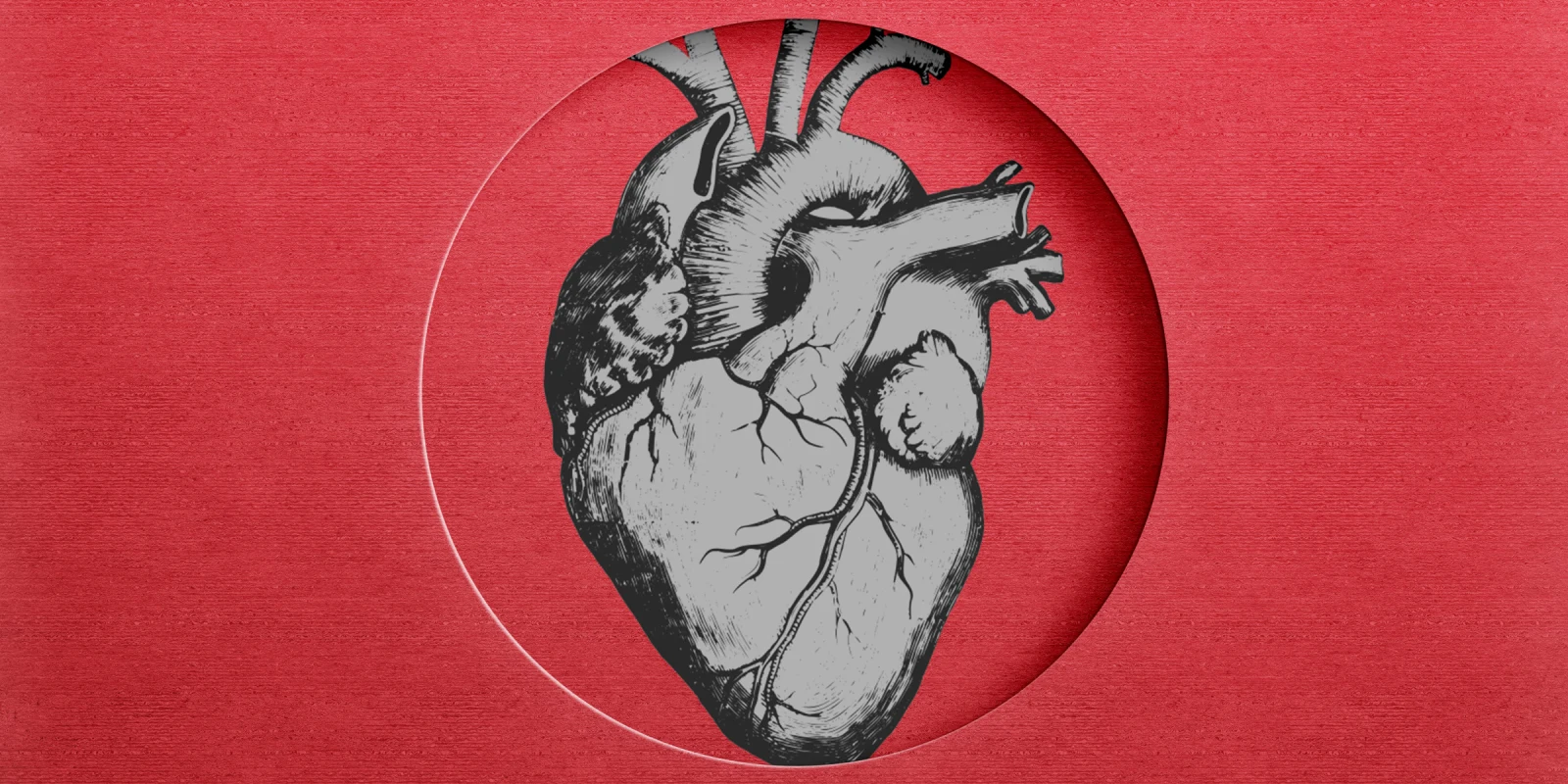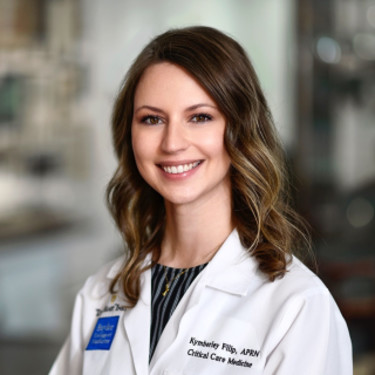As an NP at Baylor St. Luke’s Medical Center (BSLMC) in Houston, TX who takes care of patients on the heart transplant list, I have witnessed a variation of the following events countless times: Alarms beeping nonstop; footsteps constantly sounding on the halls; lines, pumps, and tubes coming out of various parts of the patient of the hour, Mr. G. A mix of clinicians and staff enters the room: general cardiology, heart failure cardiology, nephrology, infectious disease, circulatory support to assess the intra aortic balloon pump, the critical care team, dietary services to deliver breakfast, housekeeping to take out the trash, and finally the nurse to administer over a dozen pills and change the IV bags for Mr. G’s five drips. Sleep, appetite, and independence are a pastime this patient distantly remembers. He sits in the ICU, in his 10 by 20 feet room adorned with “get well soon” posters and photos of family, anxiously awaiting the phone call that a donor heart is available to him. He is listed as status 2, which basically means he is far too sick to leave the ICU but not quite sick enough to be listed as status 1, the very top of the list.
The above is actually a surprisingly uneventful morning for a critically ill patient awaiting a heart transplant at the Texas Heart Institute (THI) at BSLMC. Most THI cases are more intense — and THI is no stranger to either the routine heart failure cases or the most complex ones. In fact, the first successful heart transplant happened at THI and it continues to be a leader in heart transplants across the U.S. and the world. It serves the program well that it is located in the red meat-loving state of Texas, with the state having the second highest number of deaths related to heart disease per 100,000 people.
Organ donation, specifically heart donation, is a controversial topic to some, but can be an amazing gift to others. A life lost can be many lives gained. One person’s death can save up to eight lives. For many families that have lost a loved one, organ donation can be a way to give meaning back to them and the life that their family member lived. In the case of Mr. G, this was certainly true.
And yet, the experience of waiting for, and then receiving, a heart transplant is an emotional rollercoaster — for the practitioner as much as for the patient. As ICU clinicians, my colleagues and I get to know these patients on a more personal level due to the length of time they typically spend waiting for a heart transplant. I have seen some candidates waiting in the ICU for over four months. Day in and day out, my team has the most intimate and vulnerable conversations with these patients about their physical and mental health as they wait. We scrutinize their data and physical exams daily to ensure they are optimized when an offer finally comes. Even still, not all of our patients will survive to get to transplant — and this reality is devastating to the entire clinical team on a deep level.
When patients are matches for hearts, it’s certainly a win — but the situation is far from resolved. Though patients may be thrilled, we clinicians know not to get our hopes up. The initial shock and awe of the offer wanes quickly as we remember that many hearts are rejected during the procurement process. Once a heart is deemed a match based on blood type and antibodies, it still has to pass the physical inspection. It must be a healthy heart free of disease and also be the right size to fit the recipient. For example, if the donor is 5” tall but the recipient is 6’2”, that won’t work.
Furthermore, heart transplant surgery itself is no walk in the park. The patient will come to the ICU postop intubated, with multiple chest tubes, central line catheters, and tubes in almost every orifice. Countless infusions will be ongoing to ensure the hemodynamics and lab values are pristine. Dozens of team members will be watching the vital signs, lab values, and urine output, and will be performing physical exams hourly. The patient will remain hospitalized for weeks until they are breathing on their own and all data is pointing toward progress. This is a stressful time for all involved — but for those that thrive postop, positive change comes swiftly. For many successful heart transplant recipients, their appetite will reappear within days, they will start to gain weight (in a good way), and the dusky appearance of their skin will fade and be replaced with a warm, pink, and well perfused appearance.
After months of waiting on the heart transplant list in the ICU, the patient above, Mr. G, finally received the news that a heart was waiting for him. To our pleasant surprise, the heart was a match and in great condition. He had his surgery within 24 hours and with no major complications. Four months after arriving in the hospital, Mr. G was discharged home.
For me, one of the most satisfying parts of working with this patient population is the unexpected visits to the ICU when they come for a routine checkup. One month after his discharge, Mr. G presented to the hospital for a follow-up appointment with his cardiology team and made a pit stop by the ICU to show his gratitude toward the team that had spent countless hours at his bedside. Tears were shed, hugs were shared, and the feeling of “this is why we do this” was experienced throughout the unit. We talked about how life has changed for him post-transplant and the gratitude he felt on his second chance at living.
The journey to transplant can be daunting. Many do not survive the long wait for a donor heart to become available. Those that do are part of a greater community. A community of survivors that know their life has been spared due to the most generous gift in the worst of circumstances for another family. As ICU clinicians, we don’t always know what fate our patients have once they leave the hospital, but knowing we helped them get to transplant and get discharged home is enough peace of mind that our purpose was served.
How do you handle the highs and lows of medicine? Share your strategies in the comments!
Kymberley Armstrong is an ICU Nurse Practitioner in Houston, TX at Baylor College of Medicine. She has been taking care of critically ill patients for over seven years. Born and raised in Texas, she attended The University of Texas at Austin and is an avid Longhorn fan. Kymberley is a 2023–2024 Doximity Op-Med Fellow.
Image by Carol Yepes / Getty







